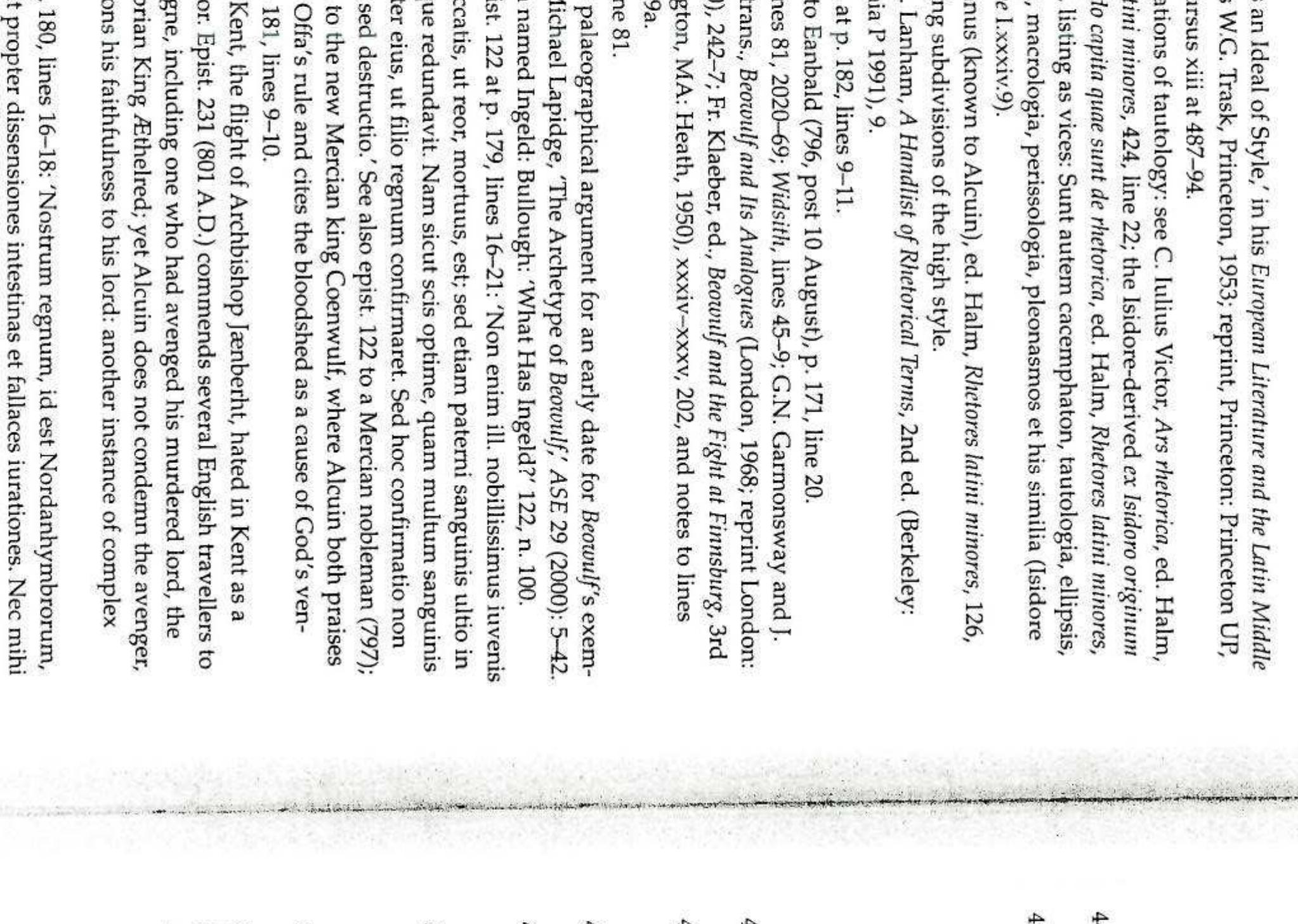Key research themes
1. How was pagan identity constructed and represented in the Christianization of Northern Europe, particularly in Pomerania?
This theme investigates how medieval Christian writers, canon law, and ecclesiastical authorities shaped the depiction and understanding of paganism as an 'otherness' and apostasy during the conversion processes in Northern Europe. It also explores the interaction between political power, religious identity, and social control in the construction of pagan identity as a Christian counterpoint in regions such as twelfth-century Pomerania.
2. What is the role of fate and cosmology in Germanic paganism, and how are these concepts represented in mythology and modern interpretations?
This research area focuses on the philosophical and mythological constructs of fate (wyrd), time, and cosmology in Germanic pagan thought, highlighting the Norns' weaving of destiny and the cyclical nature of existence exemplified by Ragnarǫk. It examines how fate is integrated as an active, conditioned element of individual and cosmic life rather than mere determinism, and explores contemporary cultural reinterpretations, including film and scholarly analyses bridging pagan and Christian conceptions of providence.
3. How have modern and neo-pagan movements engaged with, reconstructed, and been influenced by ancient Germanic paganism and its cultural legacies?
This theme explores the cultural, religious, and political reinventions of ancient Germanic paganism in contemporary neo-paganism, folk metal culture, and identity politics. It considers the scholarly debates on the scholarly lineage and authority within neo-paganism, the influence of Romantic-era constructions of Germanic identity, and the negotiation of religious freedom and heritage in post-Soviet and global contexts.








































